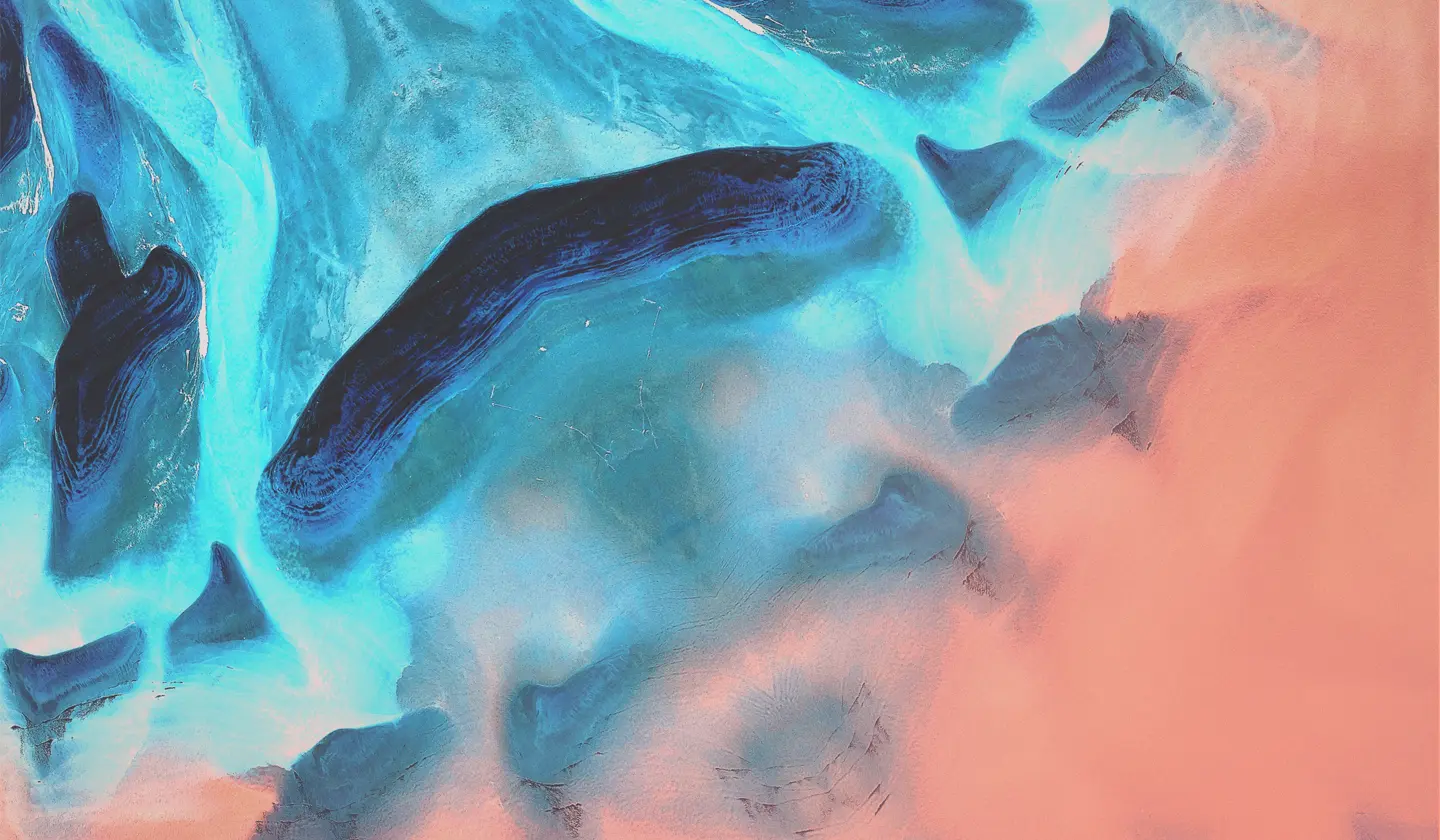Voyager
:~$
- 32 Posts
- 18 Comments

 4·1 year ago
4·1 year agoNot sure which application you are using, but you can use the transport map layer of OSM and see all the bus stops. Every stop likely already has the tags for bus stop features.
As for Organic Maps, it’s optimized for driving/directions and doesn’t have the advanced features that more redines apps have. That said I love it and enjoy using it for directi9ns.

 7·1 year ago
7·1 year agoYou can add a traffic layer from GMaps to OsmAnd+:
https://gripfastistech.com/index.php/blog/95-update-2020-osmand-google-traffic-live.html

 2·1 year ago
2·1 year agoTo be quite honest the routing issue you’re referring to is most likely related to invalid/outdated mapping data, as opposed to the routing algorithm the mapping engine uses to navigate.
The benefit of using OpenStreetMap data for routing is that if you spot a mistake or a route that is incorrectly mapped you can fix it yourself, or leave a note for mapping contributors to examine and resolve. You can also browse the mapping data history and see exactly who and when mapped this region and even contact them if you wish.
OSM supports much more mapping data via tagging, which translates to more accurate driving directions. To err is human, and OSM mappers make mistakes as well, but these can be easily fixed.
What would happen if one of the larger instances goes away? Can the content be archived and preserved through the federation?

 3·1 year ago
3·1 year agoWhy not approach indirectly like complimenting her legs, whispering “I want you” in her ear. These often work for me, and even if it doesn’t, it gets the mood between us so that we can foreplay and cuddle.

 10·1 year ago
10·1 year agoYou’re lucky to have her. I’m happy for you.
t-thanks

 5·1 year ago
5·1 year agoManaging this for a large amount of services is a huge overhead for me. I use Sub-addressing and then apply filters based on categories.

 1·1 year ago
1·1 year agoI’m using GrapheneOS for added security and sandboxing, but I feel that this is a bandaid solution.

 1·1 year ago
1·1 year agoHonorable mention for Maproulette as well!

 2·1 year ago
2·1 year agoYou can start light, just by verifying that the data is up to date or adding some information eg. wheelchairs facilities or payment methods accepted. I use a tool called Every Door (Android) and it makes this surveying really simple and quick.

 5·1 year ago
5·1 year agoGive OsmAnd a try. Organic Maps are also working on the integration, but its not yet there and fully refined, though it is my preferred map for navigation while driving.
This book is notable for me for making Buddhist philosophy and practices accessible to a western audience, fostering a deeper understanding of mindfulness, compassion, and the path to spiritual awakening. It has been an invaluable resource for my interests in Buddhism, meditation, and personal growth.

 6·1 year ago
6·1 year agoThanks for spreading the good word on OpenData mapping solutions! In case you find Osmand’s interface confusing, check out Organic Maps as well. FOSS and offline features are naturally part of the offering.

 110·1 year ago
110·1 year agoOpenStreetMap (OSM) is an open-source (open data) project. OpenStreetMap is a collaborative mapping platform that allows users from around the world to contribute, edit, and use geographical data. The data and software behind OSM are open-source, which means they are freely available for anyone to view, use, modify, and distribute under open licenses.
The data contributed to OpenStreetMap islicensed under the Open Database License (ODbL). This license allows for the free use of the data as long as proper attribution is given and any derivative works are also made available under the same open license.
I got addicted to using and contributing on OSM daily and enjoy spending my time improving the map. In fact a lot of closed source maps such as Google Maps and Apple Maps pull from some of the OSM data, so everyone gets to benefit from contributions.
In case you’re looking into this out of curiosity, check out the Beginner’s Guide and try to verify that the data around your neighborhood is correct and maybe add a point of interest (PoI) or a street name or two. Beware, it gets addictive quite fast.
OSM is also used for humanitarian use thanks to the HOT tasking platform. For example the majority of relief effort in Turkey’s February earthquake, Sri Lanka flooding, and the recent Marocco earthquake. Mapping can literally help save lives. It’s fun and easy too!












What specifically do you like about Winamp? I miss the whacky skins and even more so the Milkdrop 2 visualization system. There are some hacky ways to get it to work for Foobar or AIMP. I haven’t checked what’s the case for Linux media players though.